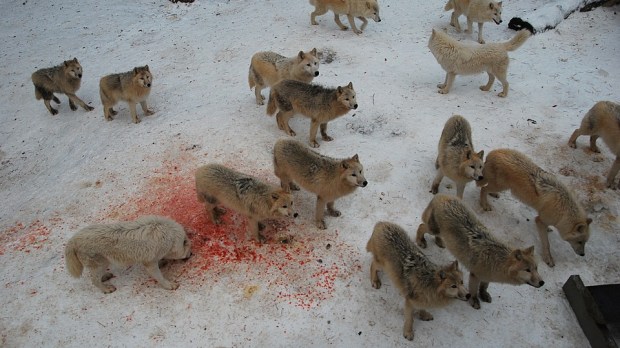4) Write a letter of forgiveness to someone. If you cannot send it, sprinkle it with holy water, ask Christ Jesus to have mercy on you both and then burn or bury it. —56 Ways to Be Merciful in the Jubilee Year of Mercy
I was a bullied kid.
No one deserves to be bullied, of course, but the other side of middle age has taught me something about victimhood: if we are raised to it, it follows us about — as though we give off a stench of vulnerability that aggressive sorts recognize and turn to in pursuit.
In my case, the bullying was an elementary school phenomenon, and when thinking back on it (as I have, at the oddest moments, in my life), I know it only occurred in school after it first took place in the home.
What had happened in the home was a series of family traumas that had so demolished the adults that they became barely functional, leaving me (the youngest of my siblings by many years) rather forgotten about, and left to fend for myself, which — because I was a rather meek and unassertive child — I did poorly. The verbal and physical abuse of some family members began to manifest outwardly. Sent to school dirty and unkempt, packing both a daily cream cheese and jelly sandwich lunch (no napkin included) and a rather shell-shocked, oblivious mien, even if I did not give off an actual scent anyone harboring a lupine sensibility would have picked up the vibe: weak and injured lamb here. Commence shredding and feeding.
Over the years I’ve come to realize that the nonsense I suffered at their hands — being pushed on the playground and awakening from that head-hit in time to rejoin the lines at recess’ end; the ugly notes; the false invitations and subsequent jeering; the pack-mentality jostles and very cruel mockeries — was rather par for the course for bullies, who have little imagination and even less courage.
I was ten or eleven years old. It all lasted for two years, until my family moved across the country. I hated the new city but approached school with a better sense of what it was bullies looked for — self-neglect, I had come to learn, was a big part of it — so I showed up at my new school as neat as wax and, since it was a middle school in which everyone was “new,” a true sense of having been given a second chance to, if not “fit in” (something I have never done or aspired to) at least not stand out as an injured lamb.
In that, I largely succeeded. Even if my home life teeter-tottered between drudgery and dysfunction, school became a fairly happy experience.
And yet in those odd moments, the names and faces of the Catholic school boys and girls of my worst years would come to the fore. I could see them so clearly; hear the taunts; remember the sense of being not just rejected but actively despised and believing I deserved to be both. Because I was ugly; because I was uncool; because I was — in the parlance of the era — a “fag” (unconnected to sexuality; today’s equivalent would be “dork” or “nerd”); a klutz; a pig. It was all so immediate.
One day, sitting before a tabernacle with those echoes reverberating in my soul, I was moved to write to all of them. In the letter I said that I almost understood why a dirty kid with greasy hair who was stumbling through the day of ordinaries like a battle-addled combat vet might seem different enough to get away with hating. I wrote that my condition at the time was really no one’s fault; my family had been torn asunder as fully as a village might, that had been struck by missiles and — while no one was to blame — the wreckage on view was precisely the sort of rubble children romp on in ignorance, and so, I forgave them. I forgave them for not having, at that age, the compassionate ability to look at me and think, Someone needs to take care of that kid.
I forgave them for feeling superior to me and also for being afraid of me, because on some level I think they must have been. When you are living an orderly suburban childhood with fairly sane, attentive parents, and you see a kid who used to be just like you suddenly walking around like a car crash — “your wheels are turning, but you’re upside down” — it must be a terrifying assault on your own sense of safety.
I wrote the letter and walked over to the holy water font. I sprinkled it, and then left the folded sheet of paper before the tabernacle. An offering of peace laid before the one who is Peace. An act of mercy from one lamb, put into the keeping of the Lamb who is Mercy. A plea for mercy for myself, that by letting go, by forgiving, I might be healed of those old wounds and forgiven for all of my own human failings at love — my own failures to recognize other wounded sheep, and offer protection from wolves.
And that I might not become a wolf, toward anyone, myself.
Related:
Resist Sarcasm; It is the Antithesis of Mercy
We Need to Stop Giving Our Junk to the Poor
Reaching out to the Outcasts, Whether they Deserve it or Not
Elizabeth Scalia is Editor-in-Chief of Aleteia’s English edition

